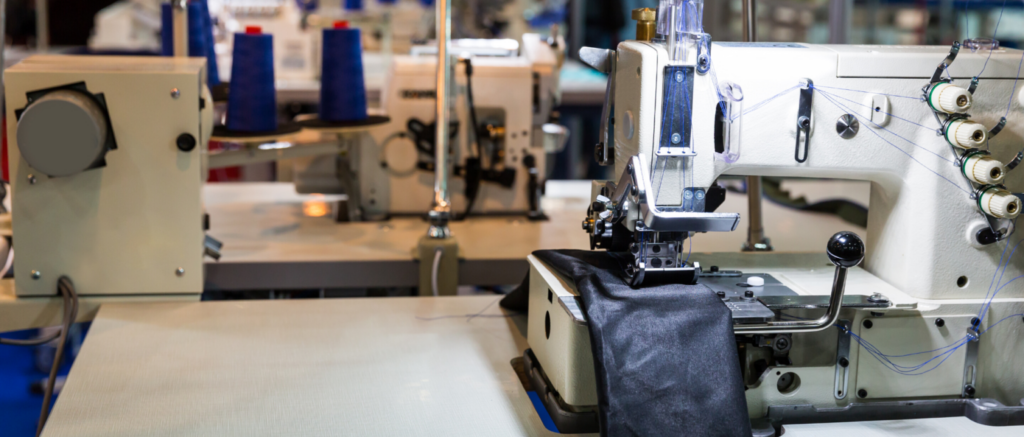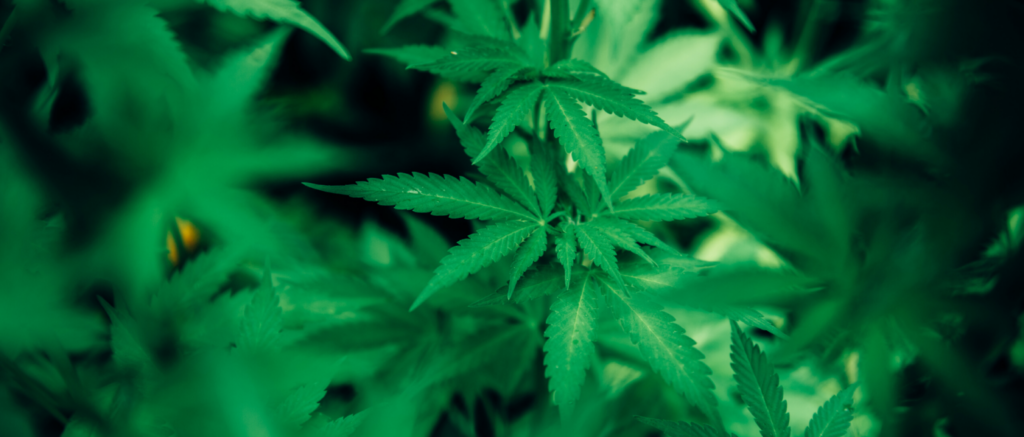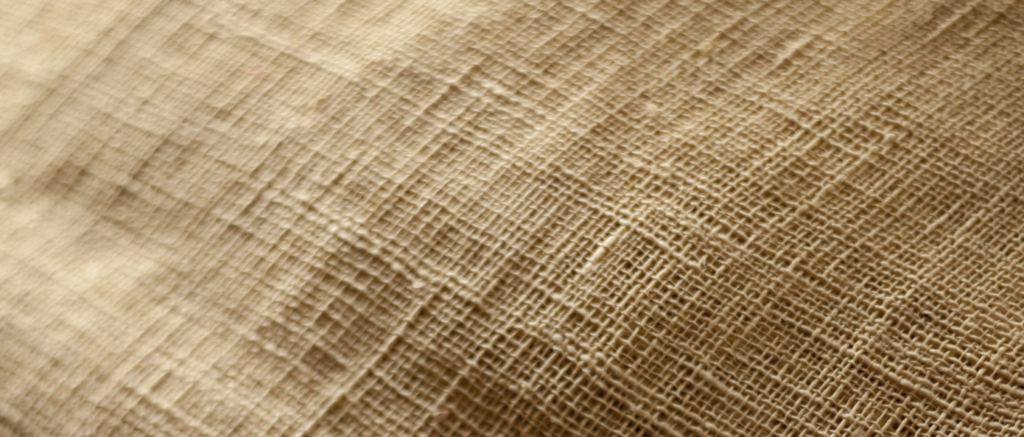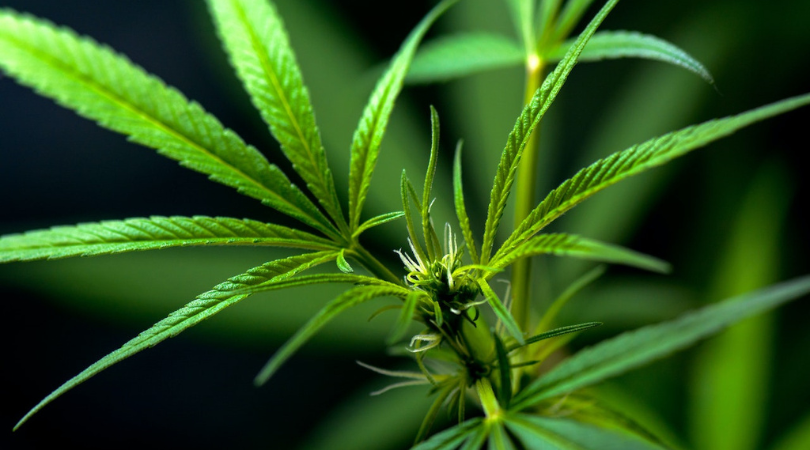Hemp – A Sustainable Choice!
As you may have already found out, we are a platform that loves promoting local clothing brands in the country. We’ve seen the need to support hard-working enterprises that don’t get the attention they deserve online.
But, in addition to the positive effects of encouraging American entrepreneurship — that can only positively affect our national economy — there are other reasons why we promote good clothing options here.
As brands like H&M and our own America-based Forever21 indulgently do the “greenback boogie” — making capital off the wasteful philosophy of fast fashion — we seek to find alternatives to it and try to educate people on the same.
By now, most of us are aware of the cataclysmic effects of this industry on global water, landfill, and laborers. Scientists, celebrities, talk show hosts, and digital platforms like ours have done a thorough job of cautioning us against this dispose-friendly culture, providing some unnerving facts on its concomitant global effects. Read on to discover tons of positive hemp clothing facts and learn more about the soon-to-be booming hemp industry.
A Changing Philosophy in Clothing Consumerism

This is snowballing into a movement of environmental awareness through the realm of clothing, making us more conscious of what clothing materials we buy, where they are manufactured, and how they are manufactured.
- Water Wastage: We’re looking into the volumes of water needed to cultivate the plants and animals that are the source of our clothing materials. Plants and crops that use too much water are not the best options.
- Energy Wastage: We’re looking into how much fuel and energy is wasted in trying to ship clothing materials from their area of manufacturing to their area of selling. Carbon footprints need to be minimal.
- Waste Pollution: We’re looking into the method of waste disposal in clothes factories. Many factories dispose of chemicals, dyes, and microplastics into the surrounding water bodies. This is toxic to any type of organic life in and around those water bodies.
Lastly, we come to the most important factor of our conscious consumerism.
- Material Usage: We’re looking into better materials used for clothing. Inorganic, non-biodegradable clothes are deleterious on the environment, the disposal of used clothing products with microplastics often become landfill, which pollutes the soil and substrata. This means we’re looking for better organic materials, which further means we’re looking for better organic sources — plants that require less resources to cultivate.
And that brings us to hemp.
Why Hemp Lost Its American Industry

The hemp plant, Cannabis Sativa, has gone through its fair share of ups and downs. For most of history, it was used throughout the world for a plethora of purposes, including clothing. But, then, through most of the 20th Century in America, it was demonized for its association with marijuana.
However, the association is not strictly true.
There are two distinct varieties of the plant — one with enhanced psychoactive properties due to a higher concentration of tetrahydrocannabinol (THC), one without psychoactive properties. The former is used for extracting marijuana. The latter can be used for a variety of industrial purposes, which is why it is called industrial hemp.
Due to the negative associations created by legislators, competitors, and most of the drug-phobic populace in America in the early 20th Century, the cultivation of the plant was restricted, which also led to the restriction of industrial hemp. And that’s why hemp became a scarcity in America.
Why Hemp is Now Winning American Industry Over

Due to newer, more sensible legislation in 2014 and 2018, industrial hemp has shrugged off its restrictions and is now becoming a greater prospect to many American farmers. Because of its versatility in industry, it is a safe choice for a crop.
Here are some of the economical reasons and hemp clothing facts that explain why it will become more popular:
- Water Conservation: The Cannabis sativa plant doesn’t need too much water to be cultivated to adulthood. It needs a fraction of the water that other textile and clothing source plants, like cotton, need.
- Energy Conservation: If homegrown, logistics and transport will cost less, and carbon-emissions-per-plant will stay low. Hemp also doesn’t need too-specific conditions to grow. It just needs higher humidity than usual, which is found in the more tropical zones of America.
- Space Conservation: Hemp is drilled into the soil, just like wheat, and can grow at 400,000 plants per acre, which is a highly encouraging number.
- Waste Conservation: Since hemp is organic and biodegradable, it is not toxic waste. Also, the woodier “wasted” parts of the hemp plant are used for paper, fuel, fodder, building materials, and other purposes. Thus, it makes the most of itself, even though it’s waste.
More than these environmentally-friendly reasons though, hemp is just a very versatile agricultural product. It has numerous uses in industry, including:
- Textiles and clothing: While not as soft or comforting as cotton and wool, hemp clothes and textiles are cheaper and have greater lifespans. The material is tougher and also quite breathable, which helps in hotter climes. Their threadbare look certainly encourages the conservative philosophy of slow fashion.
- Bioplastics: Bioplastics are an alternative to petrobased plastics, where organic matter such as starch, cellulose, biomass, and wood are converted into plastics. Petrobased plastics are the plastics you hear about, which are more commonly used on the planet. Those are becoming less and less popular though, as environmental awareness grows. Bioplastics, on the other hand, have less of a negative impact on the environment and give out fewer greenhouse gases. They often are biodegradable, which also mitigates pollution. Example: cellophane derived from hemp or cotton cellulose.
- Hemp seed oil: Hemp seed oil is rich in nutrients, fatty acids, and vitamins. This means it is highly beneficial to skin care and can mitigate eczema, dermatitis, and psoriasis. Fatty acids are helpful for the health of the brain and heart. Hemp seed oil can also be made into cakes for animal fodder. These serve obvious agricultural purposes.
- Cannabidiol oil (CBD): Cannabidiol oil is a full-spectrum oil that is derived from the stalk, leaves, and flowers of the hemp plant, which entails it has a higher concentration of cannabidiol. This has an anti-inflammatory effect on the body and helps in pain relief and muscle tension. They have also been known to help with acne removal. They also come in an oil tablet form.
- Hemp protein: Hemp protein powders are quite nutritious in small doses, from health-conscious people. They are rich in minerals, such as magnesium, iron, and calcium. They are also rich in antioxidants like lignanamides. Antioxidants are known to help prevent and mitigate the onset of heart disease and diabetes. These powders are also rich in fiber, which help blood sugar, more gut bacteria, and reduce the chances of bowel cancer.
- Twines & Ropes The fibers of the hemp plant on its outer layer have many uses, one such being in the use of ropes and twines. Hemp fibers are tough and strong, so they are perfect for the high-tension requirements of rope. Hemp fibers were used as the material for ropes and ship sails through history, and they still are used for the former.
These are some of the main attractions of the hemp industry. And they hold the future of the American side of it in good stead.
The agricultural infrastructure and market development for hemp cultivation are still in the developing stage, and there is still a lot of work needed to put it on the map. Banking and government funds are recognizing its potential, and more money is getting invested into its channels.
Conclusion
Hemp is the new black! Seriously, it’s here to stay. We hope you learned tons of new hemp clothing facts and are officially on team hemp! If you’re looking for hemp clothing brands, lucky for you we have a blog that covers the 16 Hemp Clothing Brands you NEED to know about! If you’re interested in learning more hemp clothing facts, we invite you to check out THIS website to educate yourself on all things hemp!


About Author
Brandon
Owner of IndieGetup, the premier sustainable marketplace for men to shop ethically.


